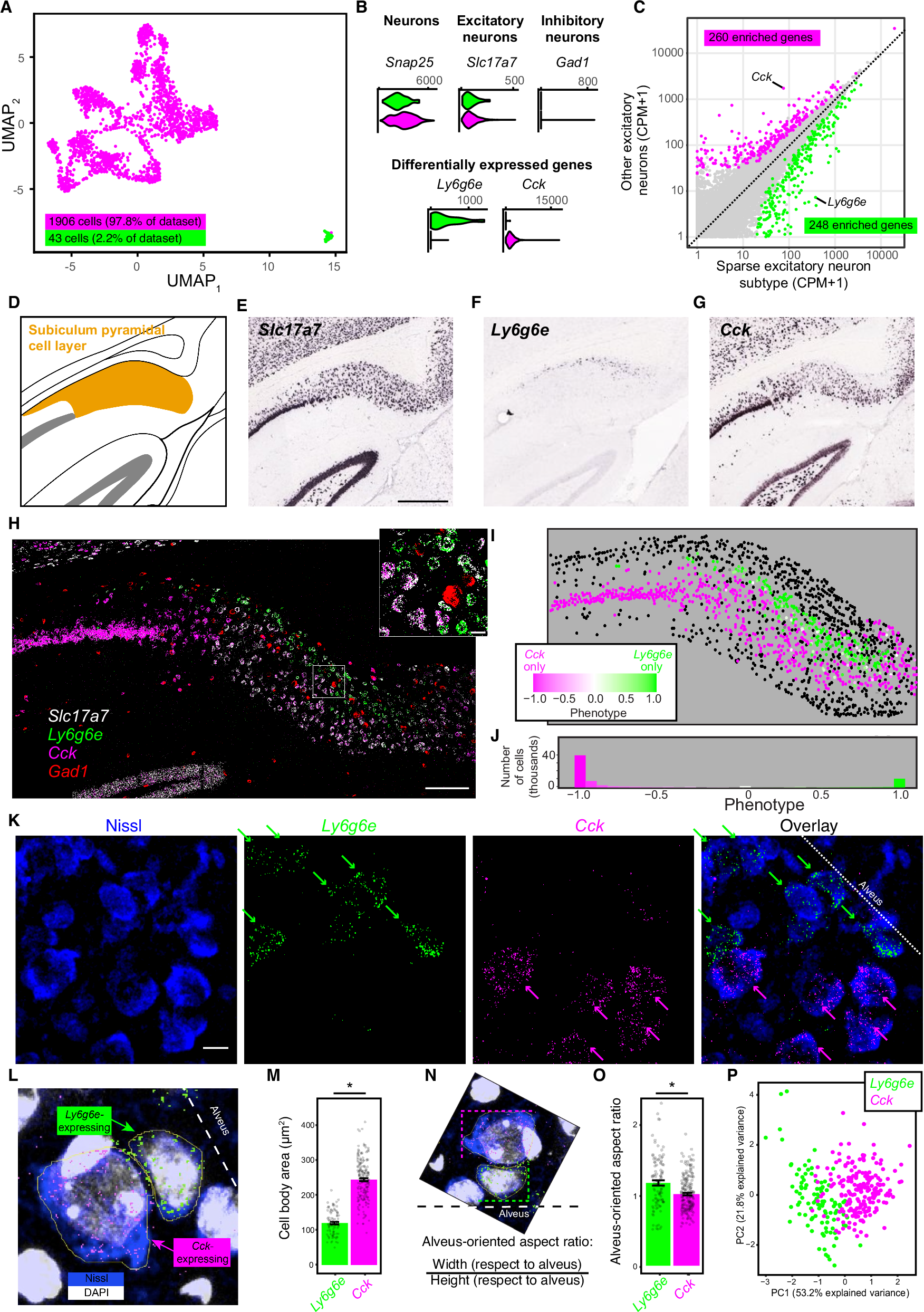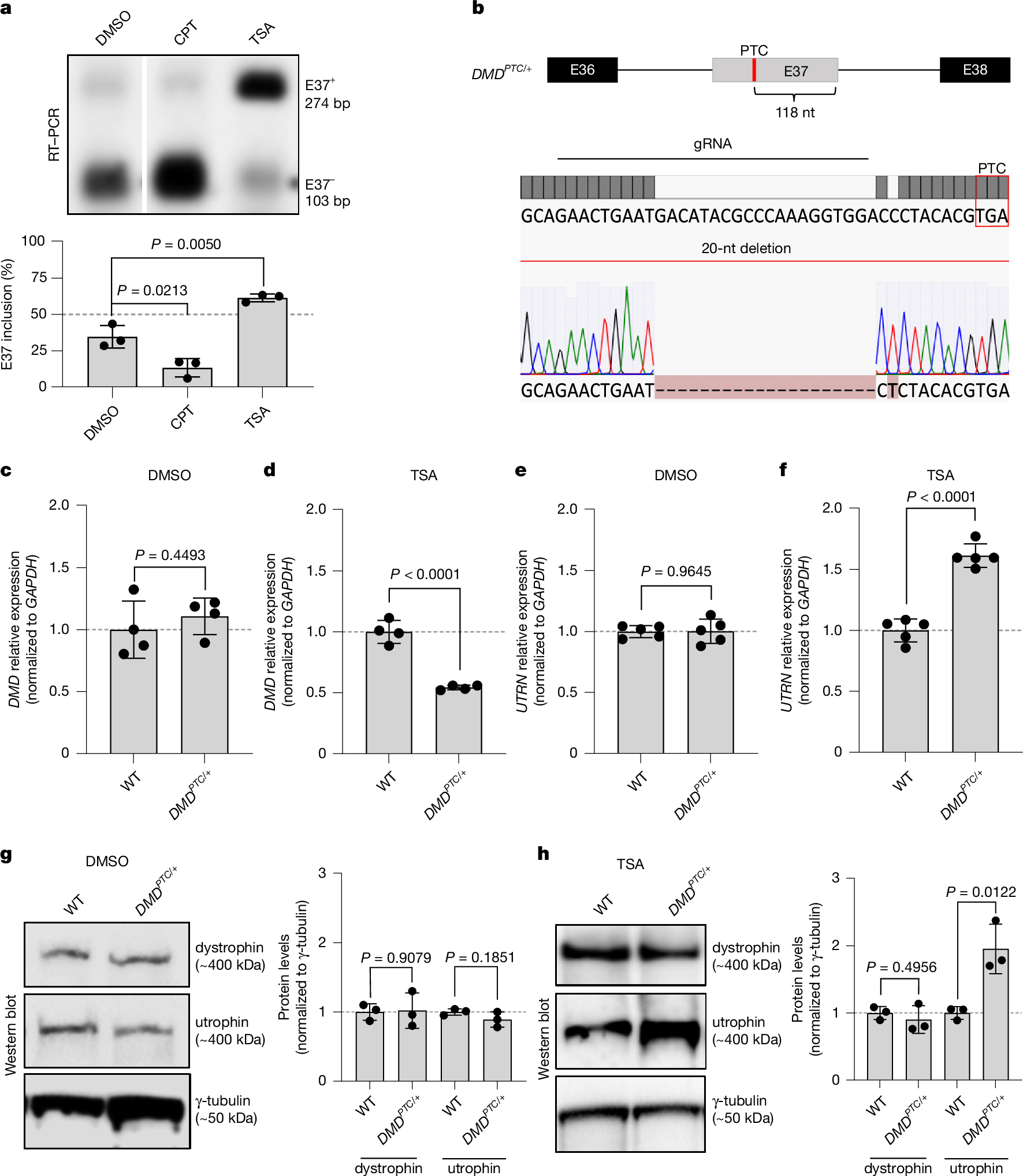2025-02-13 韓国基礎科学研究院 (IBS)
<関連情報>
- https://www.ibs.re.kr/cop/bbs/BBSMSTR_000000000738/selectBoardArticle.do?nttId=25542&pageIndex=1&searchCnd=&searchWrd=
- https://www.science.org/doi/10.1126/sciadv.adq1901
デング熱の動態における気候の二重の役割の解明: 多地域にわたる因果解析研究 Disentangling climate’s dual role in dengue dynamics: A multiregion causal analysis study
Olive R. Cawiding, Saebom Jeon, Donnabel Tubera-Panes, Aurelio A. de los Reyes V, and Jae Kyoung Kim
Science Advances Published:12 Feb 2025

Abstract
Dengue fever poses major public health challenges, with climate change complicating control efforts. Yet, the full extent of climate change’s impact on dengue remains elusive. To investigate this, we used an advanced causal inference method to 16 diverse climatic regions in the Philippines. This method is capable of detecting nonlinear and joint effects of temperature and rainfall to dengue incidence. We found that temperature consistently increased dengue incidence throughout all the regions, while rainfall effects differed depending on the variation in dry season length, a factor previously overlooked. Specifically, our results showed that regions with low variation in dry season length experience a negative impact of rainfall on dengue incidence likely due to strong flushing effect on mosquito habitats, while regions with high variation in dry season length experience a positive impact, likely due to increased mosquito breeding sites. Our findings emphasize the need for tailored prevention strategies based on local climate conditions, rather than a one-size-fits-all approach.

